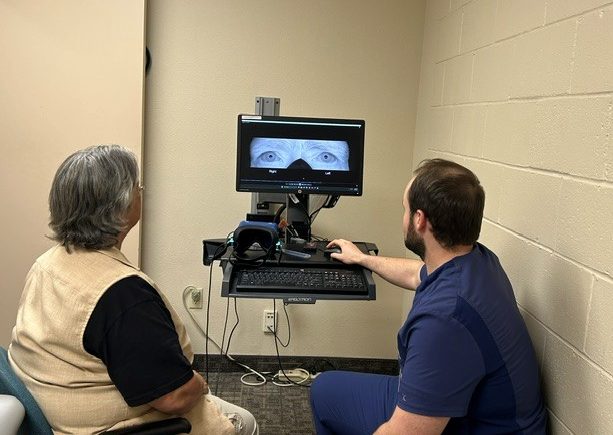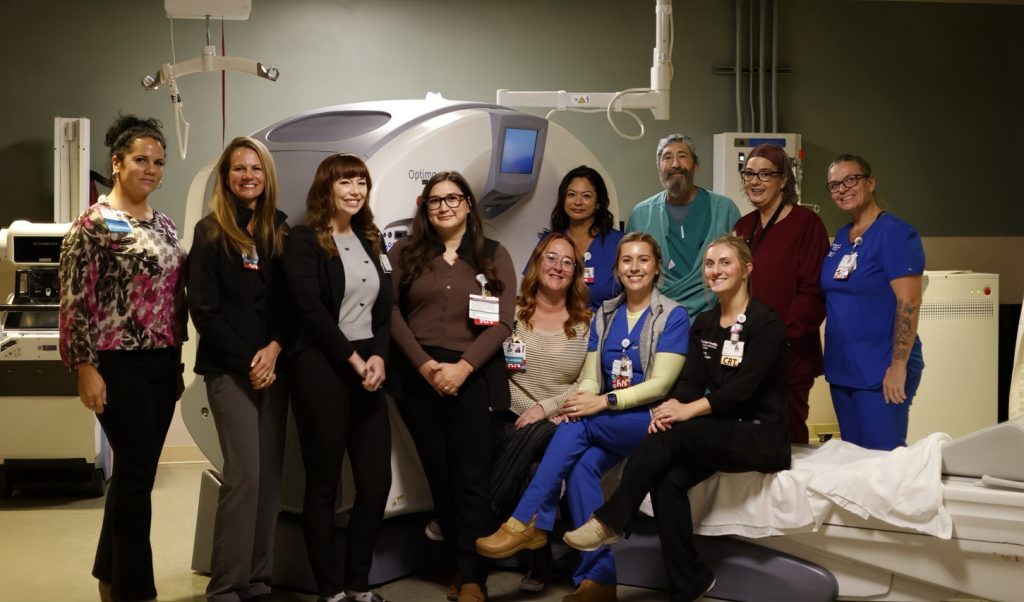On World Menopause Day, Sutter Health salutes the power of women and the importance of compassionate care.
Oct. 18 is World Menopause Day and every year it draws attention to the health needs of women during and after menopause. One of the most significant—and often overlooked—health concerns during this time is bone health. Menopause accelerates bone loss, putting women at greater risk of osteoporosis and fractures of the hip, spine, and wrist. These injuries can result in long-term pain, reduced independence, and a lower quality of life.
“Osteoporosis is often called a ‘silent disease’ because bone loss happens gradually and without symptoms until a fracture occurs,” said Sutter Health Medical Group Dr. Alexis Gaskin. “That’s why it’s so important to be proactive during and after menopause.”
Why menopause impacts bone health
Estrogen plays a crucial role in maintaining bone density. As estrogen levels decline during menopause, the balance between bone breakdown and bone rebuilding shifts—causing bone loss to accelerate.
“Keeping patients moving with low-impact activities helps maintain not only their overall health, but their bone health as well,” said Dr. Gaskin. Walking, swimming, cycling, yoga, and light strength training are all excellent choices that strengthen bones, improve balance, and lower the risk of falls.
Another possibility is considering physical therapy and treatment options. For women experiencing joint pain, physical therapy, targeted injections, and even joint replacement surgery can keep them active and safe.
“Whether it’s through fusing a big toe joint, scoping a knee, or relieving pressure with carpal tunnel surgery, we offer various interventions to help patients stay mobile,” said Dr. Meagan Jennings, a foot and ankle surgeon at the Palo Alto Foundation Medical Group, part of the Sutter Health integrated network of care. “We know that bone loading and muscle activation are key to maintaining bone strength and preventing osteoporosis-related complications.”
Just as mammograms and colonoscopies are part of routine preventive care, so should DEXA scans—a specialized test that measures bone density. Identifying bone loss early allows for timely treatment with medications, supplements, and lifestyle changes.
World Menopause Day is a reminder that menopause is not the end of strength and vitality—it’s the start of a new chapter. By staying active, getting the right screenings, and exploring treatment options, women can take charge of their bone health and continue living life fully.
“Bone health is something we can actively support,” said Dr. Gaskin. “With the right tools, women can stay strong, independent, and healthy for years to come.”





